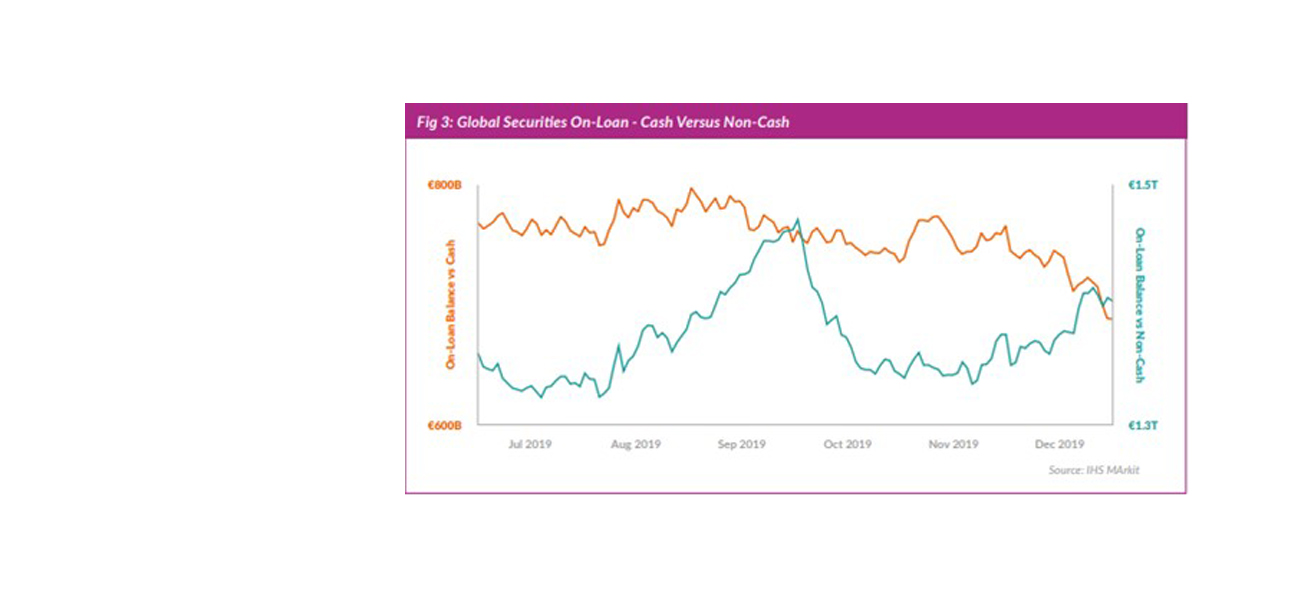The most influential client or stakeholder for any securities lending team is its prime broking team. The largest financial institutions offer prime broking services primarily to hedge funds and other trading specialists, for their various short-sell strategies that generate demand for scrip.
As we plot a path ahead for the next 12 to 18 months, understanding the current relationship with prime broking is key. This is especially important when one takes into account the swings in volatility and volumes that we saw last year as a result of the pandemic and, more recently, events such as the material losses emanating from Archegos Capital Management saga.
Lessons learned
Before we look at the road ahead, let’s first take stock of the current situation and some of the trends have become entrenched over the last 12 months. These can be summarised as follows:
Cost reduction: Cost pressures have been around for some time, but COVID-19 has accelerated the focus on cost reduction, through leaner business models that are becoming more integrated with cloud-data models. This includes stock loan data and balances.
Diversified prime: This is not necessarily a larger set of products but more a deliberate strategy regarding book, client and product composition.
Investment in systems: It’s important that this continues, since it avoids adverse shocks in risk management, client experience, and product execution while the book and clients continue to expand.
Risk management: As with every market event, the pandemic and recent unwinds of major hedge funds (like Archegos) has meant that all equity financing houses have had to review their risk protocols. Most have reacted by calling for extra collateral or by repricing funding rates in order to mitigate risks. Certainly, this is all reactive and the pendulum will doubtless swing back in time; however the lesson here is that risk managers need to be conscious of both credit and market risk as two separate metrics, managed under independent frameworks.

We believe that deleveraging will remain the echoing theme for the balance of this year, which will result in lower net balances for most prime brokers.
Looking ahead
Given the above, we believe that deleveraging will remain the echoing theme for the balance of this year, which will result in lower net balances for most prime brokers. However, emerging themes are gaining traction in support of securities lending, even though prime broking (as a client) will continue to take a cautious approach.
In the last three to four years, high frequency trading and quantitative-based funds have enjoyed their time in the spotlight, but this has become an overcrowded trade. Their activity is based on micro pricing arbitrage, which at most times is intraday, resulting in softer demand for securities lending. The equity long-short strategies have once again gained momentum and we have clear historical evidence that this is supportive of the securities lending business.
Regulatory changes are always part of the financial markets landscape and securities financing is no exception. The pending Securities Finance Transaction Regulation (SFTR) and Central Securities Depositories Regulation (CSDR) will impact most participants, but High-Quality Liquid Assets (HQLA) trades will also be a recurring theme as active balance sheet management and optimisation remain priorities.
Linked to this is the expansion of collateral. This is also a recurring theme and accelerates each year. The non-cash collateral trade is an obvious example, but market participants will continue to explore the full collateral curve, especially in this environment of low yields on cash pledged.

Source: ISLA -12th Edition Feb 2020
In summary, prime broking will see its business come under scrutiny in the short-term, but opportunities remain as securities lending teams react to new trends and demands. This is not only about reduced costs, but also includes the adoption of application programming interfaces (APIs), disintermediation and real-time stock loan versus balances data.
As the landscape gradually shifts back and forth, the market has proven to be flexible and innovative enough to adapt to new demands, new regulations and cost pressure inside the prescribed risk measures. We still see prime broking in a prime position.
Get Focus insights straight to your inbox




